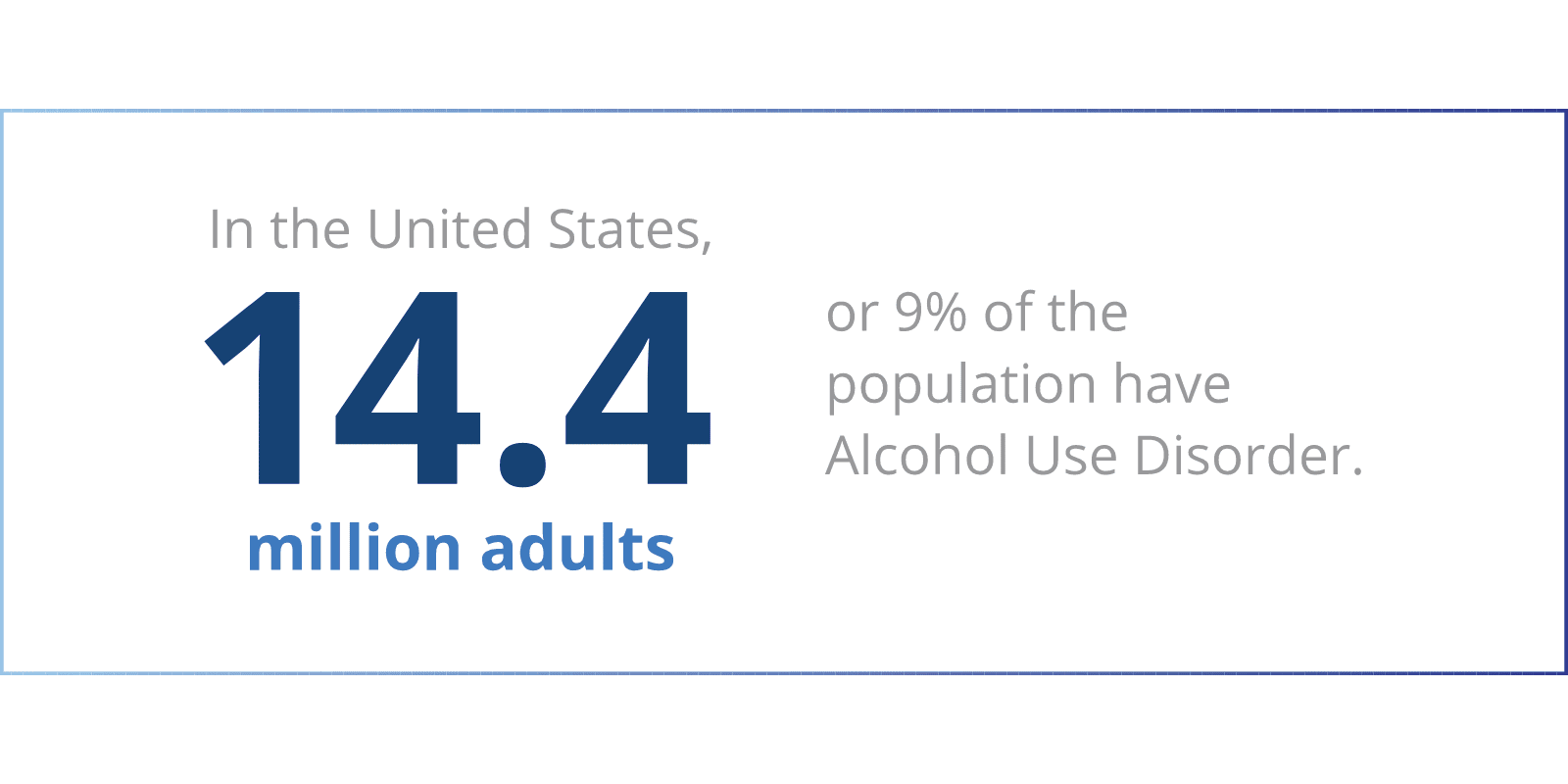What Is a Coping Mechanism?
Alcohol abuse and dependence can often arise from the use of alcohol as a coping mechanism. American culture celebrates alcohol as a way to unwind after a hard day at work, drown sorrow in hard times, and as a social lubricant in all sorts of situations.
However, using alcohol as a catch-all way to balance out emotional experiences or become less present has some real consequences.
A coping mechanism is something that helps a person deal with something difficult for them. While all coping mechanisms provide the person using them with a real or perceived benefit, some coping mechanisms have more negative consequences associated with them.
Unfortunately, alcohol is a coping mechanism, the temporary benefits of which are often outweighed by the long-term negative effects on health and relationships, poor decision-making under the influence, as well as increased dependency.
Comprehensive
Levels of Care
No matter where you are in your recovery journey, our levels of care are personalized to your unique needs.
Drinking to Cope
People may use alcohol to cope with:
- Difficult emotions
- Challenging life events: death of a family member, a breakup, illness, etc.
- Boredom
- Stress
- Insomnia
- Trauma/PTSD symptoms
- Social anxiety
Alcohol functions to slow down the central nervous system, creating feelings of relaxation. It also reduces inhibition, judgment, and memory. Because of these qualities, alcohol becomes a way to distance oneself from stressors or challenges an individual may be facing.
For some, grabbing a drink is the easiest way to deal with something they don’t know how to handle or do not want to. Continued avoidance of life’s challenges and lack of healthy coping mechanisms can be direct facilitators of problematic drinking down the road.
Online Treatment Programs
Our virtual IOP program offers the same programming that we offer in person, all online—this is ideal for those who live too far to drive to an addiction center, have transportation issues, or have health concerns that make in-person treatment challenging.


Online Treatment Programs
Our virtual IOP program offers the same programming that we offer in person, all online – this is ideal for those who live too far to drive to an addiction center, have transportation issues, or have health concerns that make in-person treatment challenging.
Who Uses Alcohol as a Coping Mechanism?
People from all walks of life use alcohol as a coping mechanism, from business people stressed by a heavy workload to college students overwhelmed by social anxiety, to veterans suffering from PTSD.
People with a family history of alcoholism may be more prone to using alcohol as a coping method because alcohol may have been used by parents or relatives. Those who use alcohol to cope may not be equipped with adaptive coping skills.
These skills help people to work through challenges, rather than mask them. With a lack of healthy coping mechanisms, anxiety, depression, and other mental health disorders are not uncommon among people who use alcohol to cope.
Find the Right Facility for Your Needs
Explore our treatment center locations and find an option that works for you.
Dangers of Alcohol Use as a Coping Mechanism
Addiction or substance use disorder
Whether or not substance abuse and/or addiction run in your family, all people experience increased tolerance for alcohol the more and longer that they drink. More alcohol is required to achieve the same effect.
In extreme cases of physical alcohol dependence, a person can become so addicted that they experience withdrawal symptoms without the substance, such as tremors, sweating, insomnia, headaches, and more. Alcohol withdrawal can be fatal in severe cases.
Damage to relationships
Using alcohol as a coping mechanism tends to have consequences in relationships. At best, it tends to create distance between loved ones. At worst, it can contribute to anger, fighting, and irresponsible behavior in relationships.
Failure to develop alternate coping skills
Some people use alcohol to avoid feelings of sadness and loneliness and may fail to develop other ways of managing this distress. Healthy methods include forming close relationships, practicing mindfulness, or seeking help from a mental health professional. Alcohol becomes a crutch and a barrier to developing more effective coping strategies.
Developing Alternate Coping Skills
One of the most effective ways of addressing alcohol dependence and abuse that arises from using alcohol as a coping mechanism is to develop other effective coping mechanisms. Rather than simply resolving to “stop drinking,” which removes one coping skill without replacing it with another, it is important to have other skills in place.
After all, you were drinking for a reason, so it’s important to address that reason and find other ways to meet the need it filled. Some examples of alternate coping skills include:
- Reaching out to others for comfort and support
- Physical activity like walking, swimming, and sports
- Mindfulness practices like meditation or yoga
- Distraction, like watching TV or listening to music
- Learning and practicing social skills to address social anxiety
- Talking to a therapist
- Breathing techniques
- Making art
Finding the Root of the Problem
Finding a sustainable solution to alcohol abuse and addiction requires a good understanding of what drives the problem and what exactly you are using it to “cope” with. This often requires doing some introspective work and addressing topics that may be vulnerable, like past trauma, a high-stress lifestyle, or feelings of low self-worth.
Some of the ways that people may explore and address what is driving their use of alcohol as a coping mechanism include:
- Group therapy
- Individual counseling
- Family therapy
- Trauma therapy (EMDR, etc.)
- Intensive outpatient programs for alcohol
- Day treatment programs for alcohol
- Residential treatment programs for alcohol
Alcohol Abuse and Addiction Treatment
If you are questioning whether you or your loved one uses alcohol as a coping mechanism, don’t hesitate to reach out to us. Talking to a professional can help you determine the extent to which you use alcohol as a crutch and the negative impacts it might be having on you.
They can help you determine whether this is something you might need support in addressing. Sandstone Care has a full continuum of care options for adolescents and young adults seeking treatment for alcohol abuse and alcoholism, including a medical detox program. You don’t have to walk this road alone!














